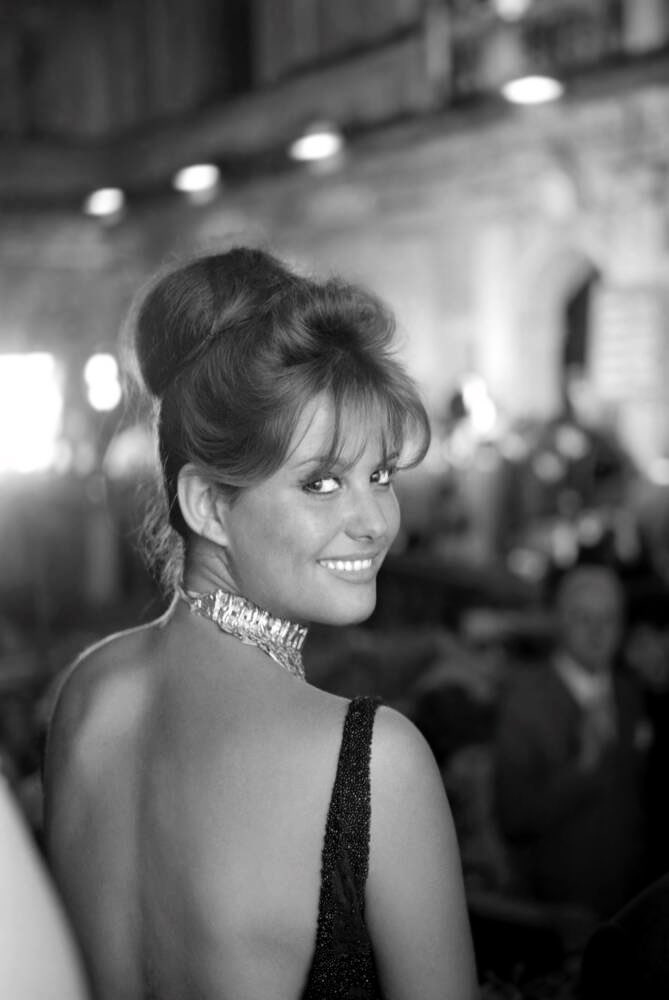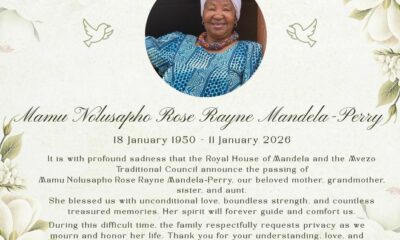News
The Last Curtain Call for a Golden Age Icon: Remembering Claudia Cardinale

The Last Curtain Call for a Golden Age Icon: Remembering Claudia Cardinale
The bright lights of cinema’s golden age dimmed a little this week with the news that Italian actress Claudia Cardinale has died at her home in Rome. She was 87 years old. With her passing, the world loses one of the last direct links to a revolutionary era of European filmmaking, a magnetic presence who shared the screen with greats like Marcello Mastroianni and defined an aesthetic of effortless grace and spirited intelligence.
Cardinale’s death was confirmed by her longtime manager, who stated she passed away peacefully. The news has sent ripples of mourning through the international film community, from Rome to Hollywood, as fans and contemporaries remember the woman known simply as ‘La Cardinale’.
From Tunisian Roots to International Stardom
Born in Tunis in 1938 to Sicilian parents, Cardinale’s entry into the film world was almost like a plot from one of her movies. She was discovered after winning a beauty contest, the prize for which was a trip to the Venice Film Festival. It was there that the Italian film industry saw her potential, and a star was born.
She quickly rose to prominence, becoming a central figure in the post-war boom of Italian cinema. Unlike some of her contemporaries, Cardinale cultivated an image of a modern, independent woman. With her dark, expressive eyes and a confident screen presence, she avoided being typecast as a mere sex symbol, instead bringing depth and warmth to every role.
An Enduring Legacy on Celluloid
For many South African cinephiles, Cardinale’s films were a gateway to European art house cinema. Her filmography is a list of classics that remain essential viewing. She delivered unforgettable performances in Luchino Visconti’s epic Rocco and His Brothers (1960), charmed audiences in Federico Fellini’s surreal masterpiece 8½ (1963), and embodied resilience in Sergio Leone’s sprawling spaghetti western Once Upon a Time in the West (1968).
These roles showcased her incredible range, from dramatic intensity to light comedic touch. She wasn’t just an actress in these films; she was an essential ingredient, her personality helping to define their tone and emotional core.
A Style and Spirit That Transcended Time
Beyond her films, Claudia Cardinale represented a specific, timeless style. She was an icon of elegance, both on the red carpet and in her characters. More importantly, she was a vocal advocate for women’s rights and a UNESCO Goodwill Ambassador, using her fame to champion education for girls.
Her death marks the closing of a significant chapter in film history. While her movies will ensure her beauty and talent are never forgotten, it is the spirit she brought to her work a combination of strength, warmth, and unwavering integrity that will be her most lasting legacy. The screen siren has left the stage, but the echo of her performance will resonate for generations to come.
{Source: IOL}
Follow Joburg ETC on Facebook, Twitter , TikTok and Instagram
For more News in Johannesburg, visit joburgetc.com



























